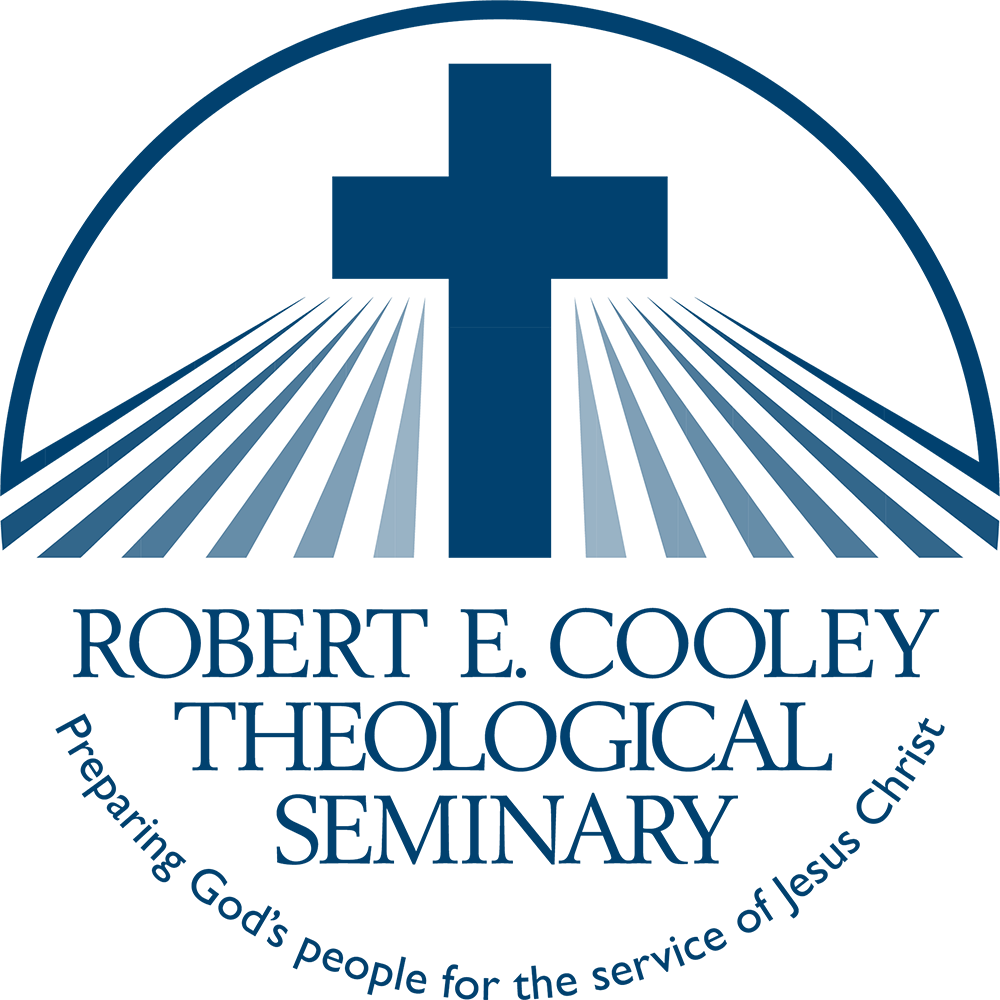Master of Arts – Mission & Leadership

Institutional Values
The MAML reflects the following institutional values:
- A high view of the authority of Scripture
- An evangelical theological perspective, committed to the Gospel’s centrality and the Holy Spirit’s transforming power
- A commitment to the Christian mission and the Great Commission
- The resolve to provide excellent and affordable theological education to the Global Church, particularly in those areas threatened by political violence and economic oppression.
Since the 1950s, the Western World has been inching toward a post-Christian condition. Canada has plunged into such a condition in North America given that less than 10% of the population attends church. In the United States church attendance continues to decrease. New England and the Pacific Northwest may be the first regions to fall into a post-Christian condition.
This post-Christian condition presents a distinct challenge to our faith. It calls the
Church to focus on its mission; and it calls theological education to prepare and equip gifted, called and passionate leaders to serve the Church and its mission. The aim of the Master of Arts – Mission and Leadership (MAML) of Robert E. Cooley Theological Seminary is to prepare such leaders.
Learning Experience
The MAML is a professional Master’s Degree program that requires completing 48
credit hours, divided into three blocks in the following areas: Biblical Theology (BT),
Christian Thought (CT), and Pastoral Theology (PT).
| Required Learning Experiences (3 credit-hours) | ||
|---|---|---|
| Learning Experience | Credit-Hours | Format |
| Introduction to Ministerial Studies - CT 001 | 3 | Intensive or Online |
| Mission and Leadership in The Old Testament - BT 100 | 3 | Intensive or Online |
| Mission and Leadership in The New Testament - BT 200 | 3 | Intensive or Online |
| Biblical Hermeneutics - BT 300 | 3 | Intensive or Online |
| Christian Thought Survey - CT 100 | 3 | Intensive or Online |
| Theology of the Christian Mission - CT 150 | 3 | Intensive or Online |
| History of the Church in Mission 1 - CT 201 | 3 | Intensive or Online |
| History of the Church in Mission 2 - CT 202 | 3 | Intensive or Online |
| Pastoral Theology Survey - PT 100 | 3 | Intensive or Online |
| Missional Leadership - PT 110 | 3 | Intensive or Online |
| Spirituality and Discipleship - PT 120 | 3 | Intensive or Online |
| Mission and Ministry - PT 200 (Capstone) | 3 | Intensive or Online |
Areas of Focus
Explanation of the Areas of Focus
The learning experiences offered in the MAML must address the following areas
required by Kairos, our educational partner:
- Starting Well (3 Credit Hours): Focuses on journey preparation and mentor team development.
- Christian Spirituality (6 Credit Hours): Focuses on spiritual formation, life in Christ, and the fruit of the Spirit.
- Biblical Literacy (6 Credit Hours): Focuses on Bible interpretation of the Bible.
- Contextual Project (6 Credit Hours): Focuses on ethnohermeneutics, project research, project/thesis, doing theology in context, and cross-cultural immersion.
- Reflection in Community I (6 Credit Hours): Focuses on high-level integration, diversity of perspectives, and empathetic listening.
- Christian Theology (6 Credit Hours): Focuses on God, Christ, humanity, creation, Spirit, church, and global theology.
- Culture and History (6 Credit Hours): Focuses on early church history, the Reformation, modern church history, and historical theology.
- Mentored Life (6 Credit Hours): Focuses on Christian discipleship, walking with fellow Christians, and vocational resilience.
- Continuing Well (3 Credit Hours): Focuses on program reflection, building a community of support, and lifelong learning preparation.
The learning experiences described above will address these nine areas in different
ways, as illustrated in Table #3. Almost all experiences address two areas, reflecting
the interdisciplinary approach that characterizes our degree.
The elective learning experiences will focus on the student’s ministerial context,
fulfilling, thus, the Contextual Project requirement.
Suggested Pastoral Theology Learning Experiences
As stated above, the elective learning experiences will focus on the student’s ministerial context. Students will be encouraged to design their own contextual projects,
addressing the particular needs of their faith communities. However, our school will offer learning experiences addressing different aspects of
Pastoral Theology.
Some of the suggested topics are:
- Biblical Preaching
- Preaching and Communication
- Church Administration and Polity
- Administration of Non-Profit Organizations and Personal Finance
- Pastoral Care and Counseling
- Marriage and Family Therapy
- Evangelism and Apologetics
- Church Planting
- Church Revitalization
- Conflict Management
- Ministry with Youth
- Ministry with Children
- Women in Ministry and Theology
- Theology of the Reformation
- Survey of the Bible
- Supervised Ministry
Educational Philosophy
The vision and mission statements of the seminary, both focused on spiritual formation and pastoral ministry, drive our educational philosophy. Our focus is to prepare God’s people for the service of Jesus Christ. The seminary achieves this goal with a two–pronged strategy: Competency-Based Theological Education (CBTE) and Mentored Teamwork.
CBTE complements the broad heading of Outcome-Based Education (OBE). The OBE movement began in the 1970s and grew out of a desire to build educational programs that equipped students practically and pragmatically to achieve measurable learning outcomes described in the degree program. This was an important development in the history of educational design for it signaled the birth of an entire area of research and study focused on assessing the outcomes of learning. Rather than if learning occurred by default through courses, CBTE requires the professor and student to think critically about what the educational program is attempting to accomplish. CBTE has the potential to develop a form of education that values the role of relationships and mentoring, both with God and with each other, which accomplishes true ministry training. At its core, CBTE is a philosophy of education that invites participants to re-evaluate current assumptions about learning and to embrace the development of learners as a truly organic, spirit-filled process of discipleship.
Mentored teamwork is one of the most important CBTE principles. RECTS requires each learner to be embedded in a mentor team comprised of the student, a faculty mentor, a vocational mentor, and a personal mentor. Mentor teams are a key component of the educational experience at RECTS. Each mentor team shapes and evaluates the learner’s experience in their educational journey of discipleship. Mentoring teamwork requires a collaborative commitment to mission and ministry where each member of the team is engaged in a journey of discipleship while learning together.
Apply Today!
Ready to get started? Begin your application and we’ll follow up to help walk you through the rest of the process.
Looking for additional information on any of our programs? We’re here to help!

